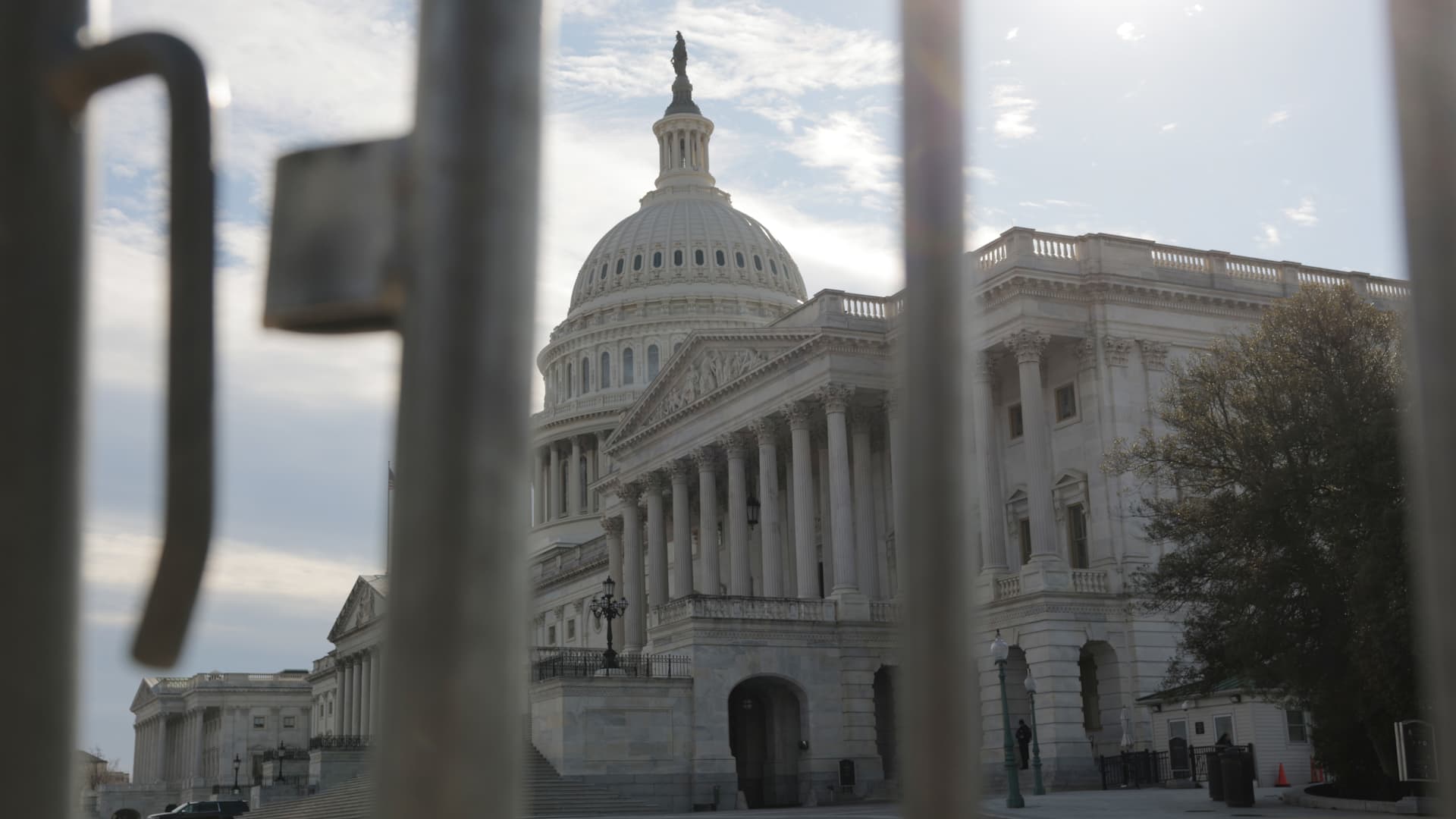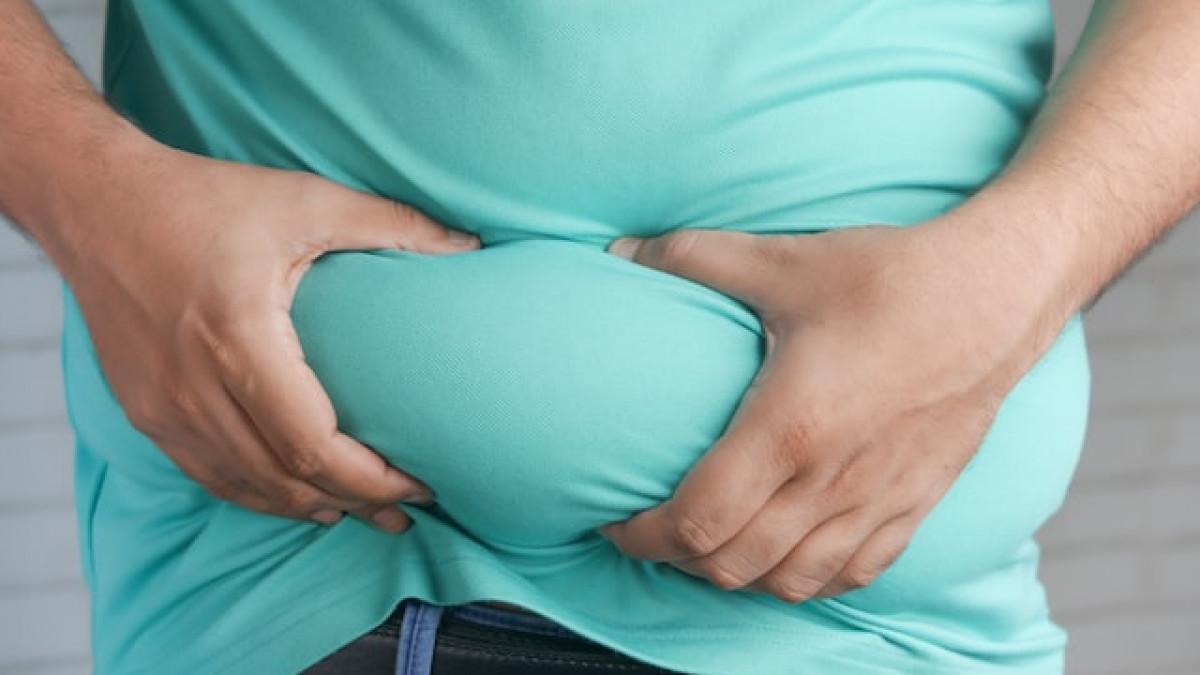By Sarah McCann
Copyright newsletter

Cases of Covid have been steadily rising in the UK.The UKHSA has offered advice on Covid mutations.Those who are eligible are being urged to get the Covid vaccine.
Cases of Covid have been steadily increasing for several weeks, according to the latest flu and Covid report from the UK Health and Security Agency (UKHSA).
Positive tests have increased from 7.6% to 8.4% in a week. Whilst hospitalisations have also increased from 2.00 per 100,000 to 2.73 per 100,000. But it’s not just Covid, with UKHSA also reporting a significant increase in the virus that causes the common cold, with rhinovirus positivity rising to 14.8% compared to 10.9% the previous week.
Those who are eligible are being urged to book their Covid vaccine, with the UKHSA issuing guidance on the latest strains that have been behind the surge in cases. Here is everything you need to know about the most dominant Covid strain and what health officials are saying about it.
What is the most dominant Covid strain?
The new Covid strain, XFG, known as “Stratus”, is also the most common in the UK, alongside NB.1.8.1, known as “Nimbus”.
Latest data from UKHSA found that 35% of cases were classified as XFG.3, 28% were classified as XFG, 11% were classified as NB.1.8.1, 7% were classified as XFG.5, and 7% were classified as XFG.3.4.1.
It’s normal for viruses to mutate and change, and there have been many different strains since the Covid pandemic. However, current data doesn’t suggest these new variants lead to more severe illness than other variants in circulation.
What to do if you have Covid symptoms?
The symptoms of Covid can include a high temperature, new continuous cough, or change in your taste or smell. If you suspect you may have Covid, have a high temperature, or do not feel well enough to go to work or carry out normal activities, you should avoid contact with vulnerable people and stay at home if possible.
For those who can’t stay at home, the UKHSA advises that you can reduce the risk of passing on your infection to others by:
Wearing a well-fitting face covering made with multiple layers or a surgical face mask Avoiding crowded places such as public transport, large social gatherings, or anywhere that is enclosed or poorly ventilated Taking exercise outdoors in places where you will not have close contact with other people Covering your mouth and nose when you cough or sneeze; wash your hands frequently with soap and water for 20 seconds or use hand sanitiser after coughing, sneezing, and blowing your nose, and before you eat or handle food; avoid touching your face
The best way to find out if you have Covid or not is to take a Covid test, which can be purchased from your local pharmacy, supermarket, or online. You can get free Covid tests from your local pharmacy if you’re eligible for Covid treatments if you become unwell.
Who is eligible for the Covid vaccine?
The Covid vaccination programme will run from October 1 until January 31, 2026. Those eligible include adults aged 75 and over, older adult care home residents, and immunosuppressed people aged six months and over
If you meet the criteria, you can now book an appointment on the NHS website in England, the NHS Inform in Scotland, and at HSC in Northern Ireland. You can also book your jab through your local GP surgery or your local pharmacy.
Dr Jamie Lopez Bernal, Consultant Epidemiologist at UKHSA, said: “If you have symptoms of flu or COVID-19 such as a high temperature, cough, and feeling tired and achy, try to limit your contact with others, especially those who are vulnerable.
“If you have symptoms and need to leave the house, our advice remains that you should wear a face covering. Washing hands regularly and using and disposing of tissues in bins can reduce the spread of respiratory illnesses.”
You can find out more information about the symptoms of Covid and who is eligible for the Covid vaccine at NHS.UK.



